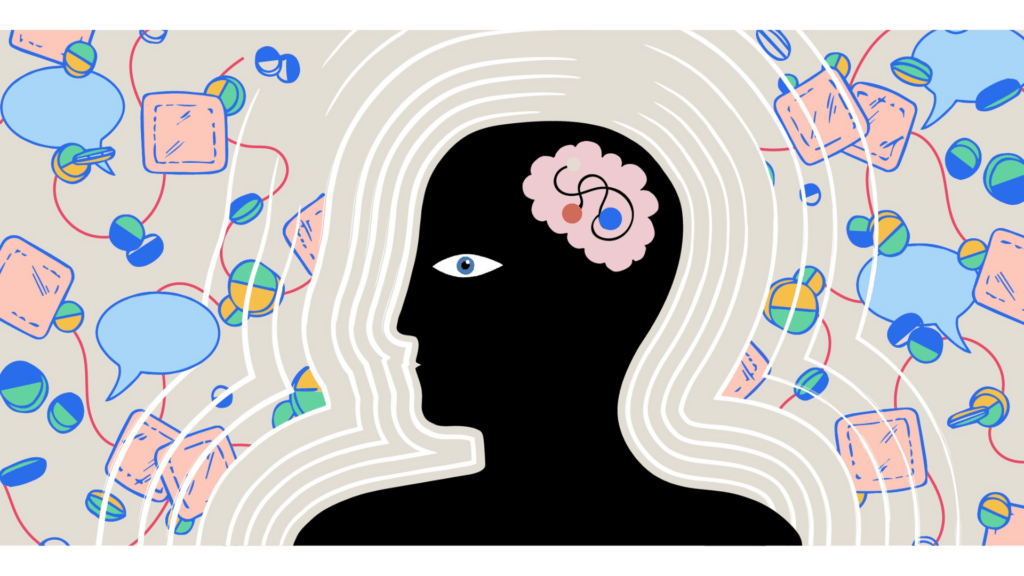Tourette’s syndrome affects 1 school child in every 100 and over 300,000 children and adults are living with TS in the UK.
It’s good to know more about what it is, and the experiences of individuals living with tics, so you can be helpful and supportive if you know anyone with the condition or if you yourself have it.
So, what is Tourette’s syndrome?
Tourette’s syndrome is one condition which falls on the spectrum of tic disorders. People with Tourette’s syndrome can have both physical and verbal tics. Tourette’s syndrome is one condition which falls on the spectrum of tic disorders.
And what are tics?
Tics are spontaneous and uncontrollable movements or sounds.
It’s really important to understand that these tics are beyond the control of the individual. Just like autism, tic disorders occur on a
spectrum, which means they affect people to different extents.
Examples of verbal tics might include:
• Grunting
• Whistling
• Throat clearing
• Coughing
•Saying random words or phrases
Physical tics might include:
• blinking
• rolling eyes
• shrugging shoulders
• jerking the arms or legs
People often think of swearing as a common form of tic in Tourette’s syndrome, but in fact this only affects about one in ten people with Tourette’s syndrome.
Are there any treatments and triggers?
Tourette’s syndrome usually starts in childhood, and whilst there’s no cure, there are treatments that can help reduce tics. Tics and other symptoms also often get better with time, and in some cases, can go away completely.
Tourettes can sometimes overlap with other neurodevelopmental conditions such as autism and ADHD, and with mental health conditions such as anxiety and OCD. Tics can be worse at some times than others – common things that trigger tics include: anxiety, stress, tiredness.
Tourette’s syndrome can overlap with other conditions such as autism, ADHD, anxiety and OCD.
Some people with tics or Tourette’s syndrome are able to control their tics for a short period of time in certain situations, like when in a classroom. However, this can be tiring and lead to a sudden release of tics after trying to control them
When should you see your doctor?
It’s important to remember that having tics does not necessarily mean a person has Tourette’s syndrome, but even so if you start having tics you should see your doctor for personalised advice and assessment.
I hope that this article has upped your understanding of Tourette’s syndrome and the experiences of those living with tics
By Karis Harwood



